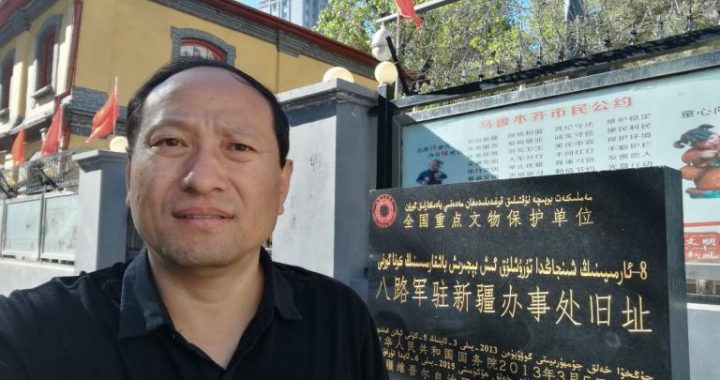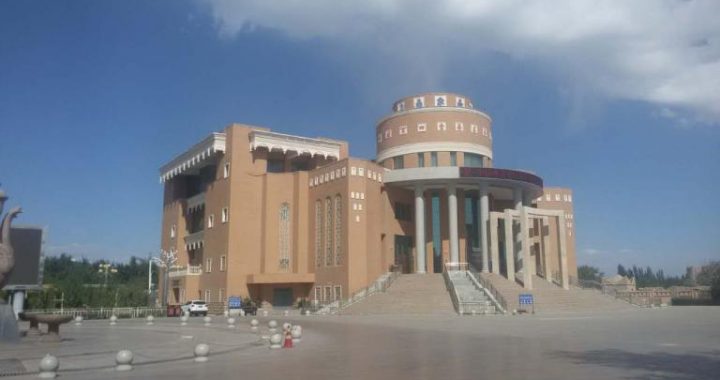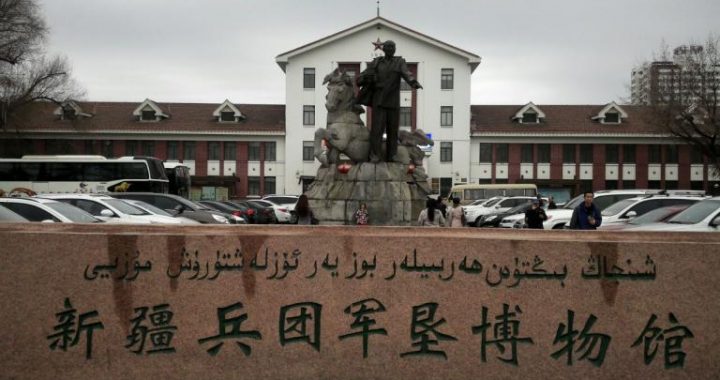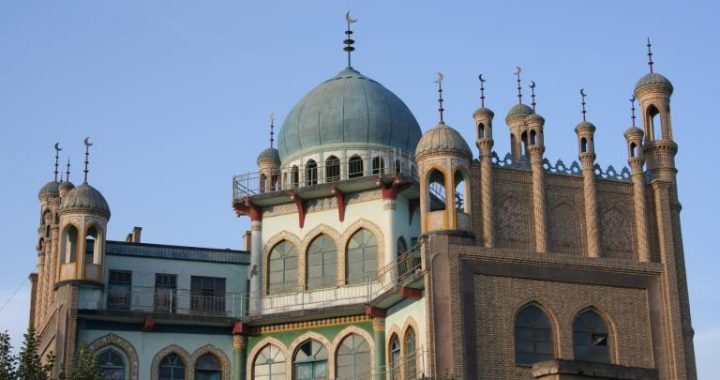Funerals
4 min readFunerals of the people in Uygur, Kazak, Hui, Tajik, Uzbek, Tatar and other ethnic groups who believe in Islamism basically follow the rites of islamism, carrying out ground burials and popular with speedy burials, in which, the dead in the morning is usually buried at evening while the dead at night is buried at noon. Before the person dies his/her sons and daughters as well as relatives and friends shall come to the bed and listen to his her last words Upon the death, people shall bind his/her chin with cloth and put the corpse westwards with a piece of clean white cloth covering it. Before the funeral, the corpse shall be cleansed and wrapped with white cloth 3 layers for men and 5 for women. After the body cleansing the corpse shall be put into a coffin Tawut”to be sent to the mosque by the relatives and friends for a funeral, at which, the imam chants and laments. Then the coffin is lifted to the graveyard, put into the grave and sealed with earth. Only men can participate in the funeral procession while women are forbidden to go the graveyard. Relatives f the dead shall wear mourning that the men wear a hat and a white waistband and the women wear a piece of white veil and a white dress. When relatives and friends come to pay a condolence call, the families of the dead shall cry out and sing elegies to show their grief. An elegy is usually written and sung by the families themselves and some people may sing it in a mournful way, which moves people to tear. During the mourning(usually 40 days), the families of the dead shall not take part in any entertainment or wear any ornament or colorful clothes and there shall be no wedding ceremony or joyous occasion conducted in the family. On the third day, the seventh day, the fortieth day and a year after the death of a person, sacrifices”Nezir”shall be held that relatives and friends are invited hand pilaf is prepared for them and the Koran is chanted by the imam, which are the main activities for cherishing and grieving over the dead. On the Memorial Day of the dead and on Corban and rozah Festivals, the family members of the dead will go to the graveyard, chanting and hilling up the tomb to show their grief .

The traditional funeral forms of Mongol ethnic groupinclude 3 kinds:the celestial burial,the ground burial and cremation,with peculiar customs in funerals and mourning.Before putting the corpse in the coffin,a lama is invited to chant sutras and lead the soul of the dead to the heaven,and yet the families of the dead shall neither wear mourning dresses nor burn papermoney.According to the traditions of mongol ethnic group,people shall not hold an outdoor memorial ceremony for the dead by putting up a mourning shed but leave the coffin in the room where the dead once lived after the corpse is put into the coffin;the body shall be curtained during the mouriceremony and shall not be moved to the graveyard until the burial time hing Before the burial,the lama shall chant sutras during the day and the mortals shall chant sutras in turn at night so as to release the soul of the dead frompurgatory.Relatives and friends coming to mourn will put hada in front of the memorial tablet and make a bow since the 1940s and 1950s the burial in the ground has been adopted by the mongol ethnic groupas a major form of funerals while the Mongol people living in cities prefer cremation.

Every family of the Xibe ethnic grouphas their fixed graveyard for the ground burial with the corpse put in the coffin After the death of their parents people immediately burn joss sticks and paper money to grieve over the dead In previous times,there was a long pole standing at the threshold of the fron door,on which was a great deal of white tassel,and white paper might be affixed on some doors as a sign of an obituary.Neighbors relatives as well as friends will come to express their condolence with foil paper.Putting the corpse into a coffin,people will select an appropriate hour to send out the coffin for the burial.After the burial,the family members usually do not weal mourning dresses and the children of the dead shall mourn for 100 days while the wife for 3 years.The children shall not participate in any entertainment and the widow shall not be remarried during the mourning On the seventh day and the hundredth day after the death the family shall visit the grave and nake a memorial ceremony for the dead. On the New Year’s Day or other festivals, especially the Tomb-Sweeping Day, a tomb-sweeping ceremony shall be held. After the liberation of China, the funeral ceremonies are largel simplified and the phenomena of extravagance and waste are largely reduced.









